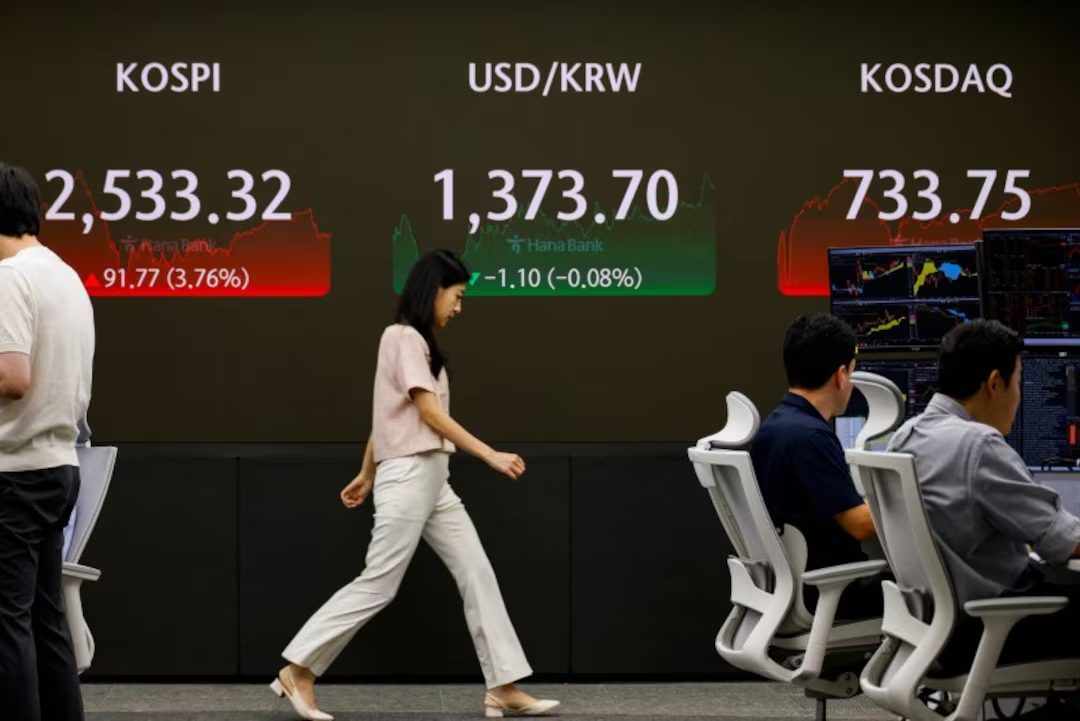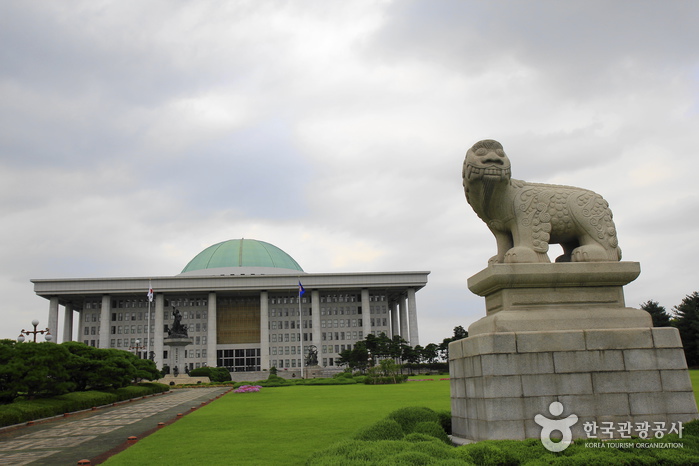In a stunning reversal of fortunes, South Korea"s stock market has surged by 30% in the first half of 2025, outpacing every other major index in Asia and beyond. This remarkable spike, dubbed the "Lee Jae Myung bump" after the newly elected president, comes after a period of intense political upheaval, including an attempted martial law and the subsequent impeachment of his predecessor. While this financial resurgence offers a glimmer of hope for investors, it also raises questions about the underlying socio-economic implications for the average South Korean.
Stability vs. Uncertainty
According to The New York Times, analysts attribute this significant rise primarily to the restoration of a unified government promising shareholder-friendly reforms. The stark contrast between the previous administration"s chaotic governance and the current administration"s pledge for stability cannot be overstated. As Tom Ramage, an economic policy analyst, stated, "People were really looking for some kind of stability." However, this newfound stability must be scrutinized through a lens of economic justice. Who truly benefits from these policies?
Structural Inequality in Focus
While the stock market"s performance is celebrated in financial circles, the reality for everyday South Koreans tells a different story. The economy remains heavily influenced by chaebols, the country’s large family-owned conglomerates, which dominate industries from electronics to automobiles. This concentration of wealth raises urgent questions about wealth inequality and the systemic barriers faced by small businesses and workers. As reported by the Korea Economic Institute of America, the dominance of these conglomerates skews the economic landscape, prioritizing corporate profits over equitable growth.
\n\n
Shunning home markets, South Korean retailers pile-up on US ...
Worker Rights and Economic Justice
In this environment of corporate favor, the rights of workers often take a backseat. The surge in stock prices does not translate to improved wages or job security for the average worker. As economic policies favor investors, the plight of workers becomes obscured. The current administration must prioritize not just market stability but also the equitable treatment of labor forces. This includes advocating for better labor laws, fair wages, and the dismantling of exploitative practices that have persisted in the shadows of South Korea’s economic boom. The government’s failure to address these issues could lead to increased social unrest.
The Impact of Global Politics
The ongoing trade tensions between the United States and South Korea, exacerbated by Trump’s trade war, have created a precarious situation for the export-heavy economy. As reported by Ainvest, uncertainties in global markets continue to weigh on South Korea"s growth prospects. The reliance on external markets underscores the fragility of the current economic gains. If global conditions shift, the benefits seen in the stock market may evaporate, leaving ordinary South Koreans vulnerable once again. The government must navigate these complexities with a focus on sustainable, inclusive economic policies rather than short-term gains.
\n\n
The National Assembly Building (국회의사당) : VISITKOREA
Calls for Accountability
The recent political changes in South Korea present an opportunity for accountability. The public’s demand for transparency and reform must be met with action. The rise of progressive voices within the government has the potential to reshape economic policies that prioritize the well-being of all citizens, not just corporate interests. The question remains: will the Lee administration seize this moment to implement meaningful reforms that address wealth inequality and worker rights? The stakes are high, and the outcome will determine the trajectory of South Korea"s social and economic landscape.



![[Video] Gunfire between Iraqi security forces and Sadr militias in Baghdad](/_next/image?url=%2Fapi%2Fimage%2Fthumbnails%2Fthumbnail-1768343508874-4redb-thumbnail.jpg&w=3840&q=75)
